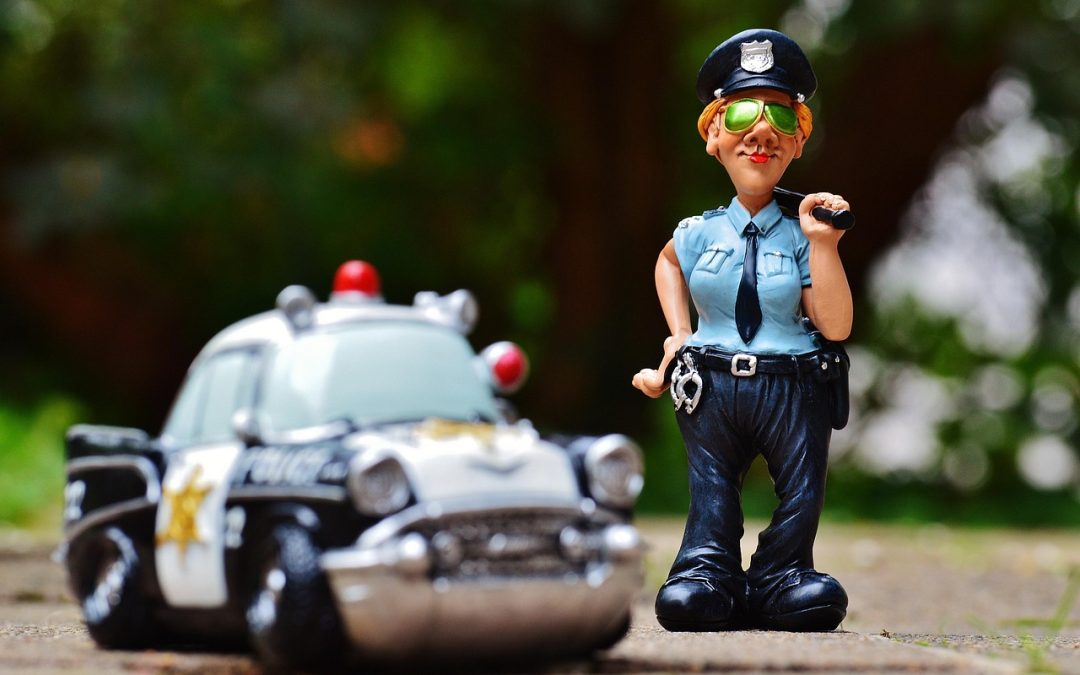When you’re stopped by law enforcement, it’s essential to know your rights, especially when profiling may be involved. This isn’t about being confrontational; it’s about being informed and safe. In this post, we’ll explore what to do during a police stop based on profiling, focusing on your rights, safety, and de-escalation techniques.
Understanding Your Rights: The Fourth Amendment and Reasonable Suspicion
In the United States, the Fourth Amendment protects individuals from unreasonable searches and seizures. This means that law enforcement needs probable cause or a warrant to detain you. However, there are exceptions, such as reasonable suspicion. Reasonable suspicion is a lower standard, requiring officers to have specific, articulable facts to suspect you’ve committed or are about to commit a crime.
What to Do During a Stop
If you’re stopped by police, remember the following:
- Stay calm and respectful. Avoid arguing or being confrontational, as this can escalate the situation.
- Keep your hands visible and avoid sudden movements.
- Avoid lying or providing false information, as this can lead to further complications.
- Don’t resist arrest, even if you think it’s unlawful. You can contest the arrest later.
- Ask if you’re free to leave. If they say no, you’re being detained.
- If detained, ask why you’re being held and what’s the basis for the detention.
Asserting Your Rights and De-Escalation Techniques
Remember, you have the right to remain silent and the right to an attorney. If you’re detained, you can invoke these rights by saying:
I’m invoking my right to remain silent and my right to an attorney. I’d like to answer no further questions until my attorney is present.
This doesn’t imply guilt; it’s a smart way to protect yourself from potential coercion or misinterpretation. De-escalation techniques, such as active listening and empathy, can also help reduce tension during the stop.
Remember, your safety is paramount. If you feel your rights are being violated, try to remain calm and ask for a supervisor or internal affairs department contact information.
In conclusion, knowing your rights during a police stop based on profiling is crucial. Stay informed about local laws, practice de-escalation techniques, and assert your rights respectfully. By doing so, you’ll be better equipped to navigate these complex situations while prioritizing your safety and rights.
The information at Observed.Org may not pertain to every jurisdiction. It is YOUR responsibility to know your rights and observe them. Nothing here should be considered legal advice.

